What is an open generator?
An open generator represents the most fundamental and widely used configuration in power generation systems. Unlike enclosed models, an open generator features exposed components mounted on a sturdy steel frame without surrounding acoustic or weatherproof enclosures. This design offers straightforward accessibility and cost-effective power generation solutions for various applications. Understanding the characteristics, advantages, and limitations of this configuration helps users make informed decisions when selecting power equipment for their specific needs.
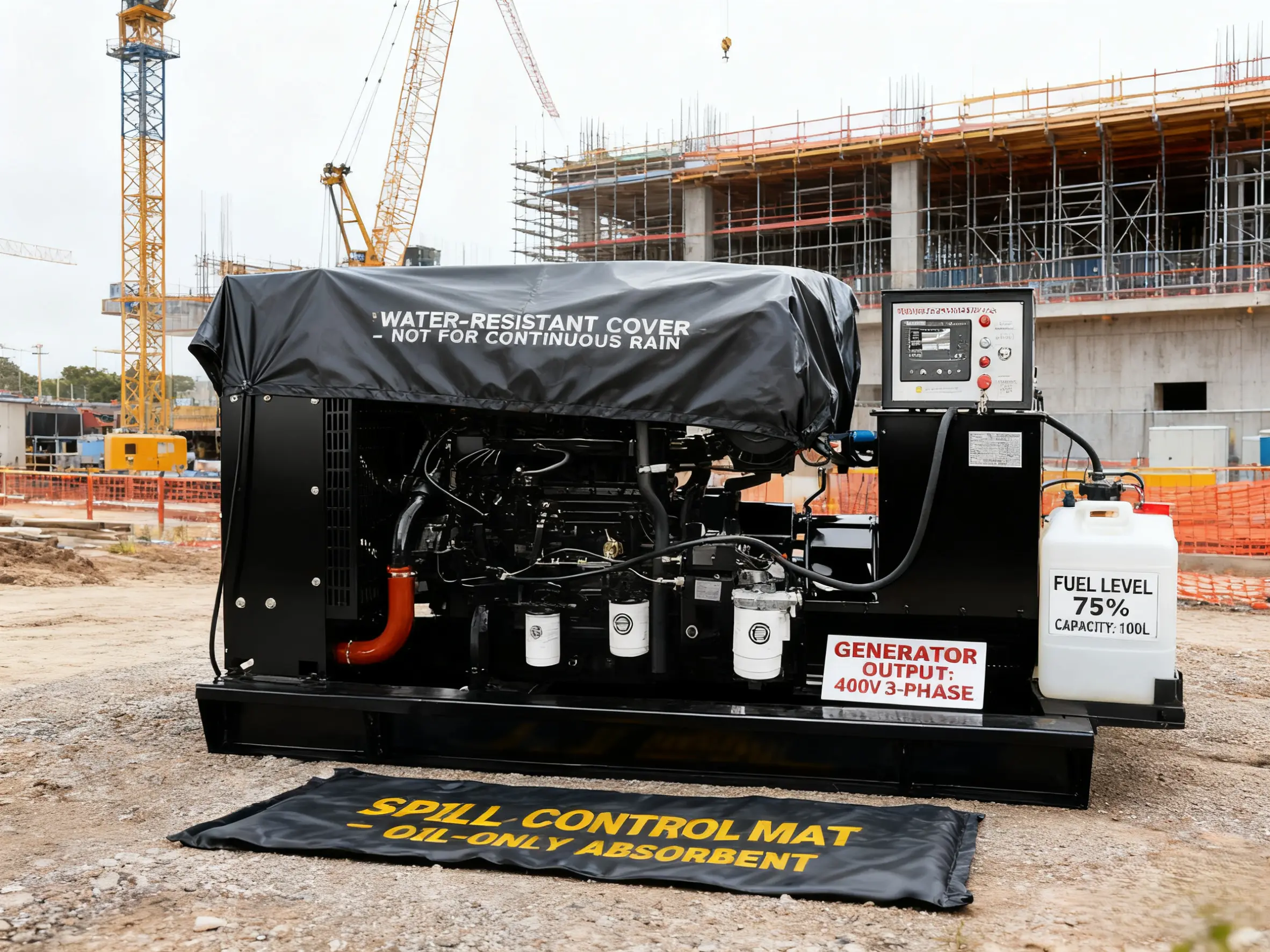
Structural Framework and Component Layout
The architecture of an open generator prioritizes simplicity and accessibility:
Base Frame Construction:
Heavy-duty steel skid base providing structural integrity
Anti-vibration mounts reducing transmission to supporting surfaces
Integrated fuel tank support and containment provisions
Lifting points and forklift channels for transportation
Component Arrangement:
Engine and alternator directly coupled on a single bedplate
Exposed cooling system with radiator and fan assembly
Accessible control panel mounted for operator convenience
Clearly visible components requiring regular monitoring
This straightforward open generator layout facilitates easy maintenance and serviceability, contributing to its popularity in industrial applications.
Operational Principles
Open generators operate on fundamental electromechanical principles:
Power Generation Process:
Diesel engine converts chemical energy to mechanical rotation
Rotational force drives alternator through direct coupling
Magnetic field induction produces electrical output
Control systems regulate voltage and frequency
Cooling Mechanism:
Air-cooling through natural convection and forced airflow
Radiator system maintaining optimal engine temperature
Unrestricted airflow around components enhancing heat dissipation
System Monitoring:
Basic instrumentation for essential parameter reading
Minimal automation for fundamental protection functions
Manual control options for operational flexibility
Applications and Advantages
The practical benefits of open generators make them suitable for specific scenarios:
Ideal Application Environments:
Industrial plants with dedicated equipment rooms
Construction sites requiring temporary power solutions
Agricultural operations with well-ventilated storage areas
Mining operations where environmental protection is secondary
Key Advantages:
Lower initial investment compared to enclosed units
Simplified maintenance procedures with easy component access
Enhanced cooling efficiency through unrestricted airflow
Flexibility for custom modifications and system integration
Reduced weight and dimensions for easier transportation
The open generator configuration proves particularly advantageous where budget constraints and service accessibility outweigh environmental considerations.
Limitations and Important Considerations
Understanding the constraints ensures appropriate application:
Environmental Limitations:
No protection against weather elements requiring indoor installation
Limited noise attenuation unsuitable for noise-sensitive areas
Exposure to dust and contaminants necessitating clean environments
Temperature sensitivity requiring climate-controlled spaces
Operational Considerations:
Higher noise levels mandating hearing protection for nearby personnel
Increased safety risks requiring comprehensive safety protocols
Regular cleaning requirements due to component exposure
Potential for accidental contact necessitating physical barriers
Installation Requirements:
Dedicated space with adequate ventilation and clearance
Environmental controls for temperature and humidity management
Safety signage and access restrictions for unprotected components
Fire suppression systems where appropriate
Maintenance Recommendations
Proper maintenance ensures longevity and reliability:
Routine Inspection Schedule:
Daily visual checks for leaks, loose connections, or abnormal wear
Weekly cleaning of components to prevent dust accumulation
Monthly thorough inspection of all accessible parts
Preventive Maintenance Tasks:
Regular air filter replacement due to increased exposure
Frequent cooling system cleaning to maintain efficiency
Comprehensive electrical connection checks for corrosion
Engine parameter verification and adjustment
Long-term Preservation:
Component coating protection against environmental factors
Seasonal maintenance addressing specific operational conditions
Storage procedures for extended non-use periods
Performance testing and validation at scheduled intervals
Proper maintenance of an open generator requires more frequent attention than enclosed units but offers easier access for servicing.
Conclusion
Open generators provide a practical and economical power solution for applications where environmental protection and noise control are secondary considerations. Their straightforward design offers maintenance advantages and cost benefits that make them suitable for various industrial and temporary power applications. Understanding both the advantages and limitations helps in selecting the appropriate generator configuration for specific requirements.
Our technical team can provide expert guidance on whether an open generator meets your power needs. Contact us at skala@whjlmech.com for professional recommendations and product information.
References
National Electrical Manufacturers Association. (2022). *NEMA Standards Publication MG 1-2022: Motors and Generators*. Virginia: NEMA.
International Organization for Standardization. (2021). ISO 8528: Reciprocating internal combustion engine driven generating sets. Geneva: ISO.
Power Generation Association. (2023). Guidelines for Installation and Operation of Open Frame Generators. London: PGA.
Johnson, M. (2022). Emergency Power Systems: A Comprehensive Guide to High-Speed Diesel Generators. Power Engineering Quarterly, 45(3), 78-92.
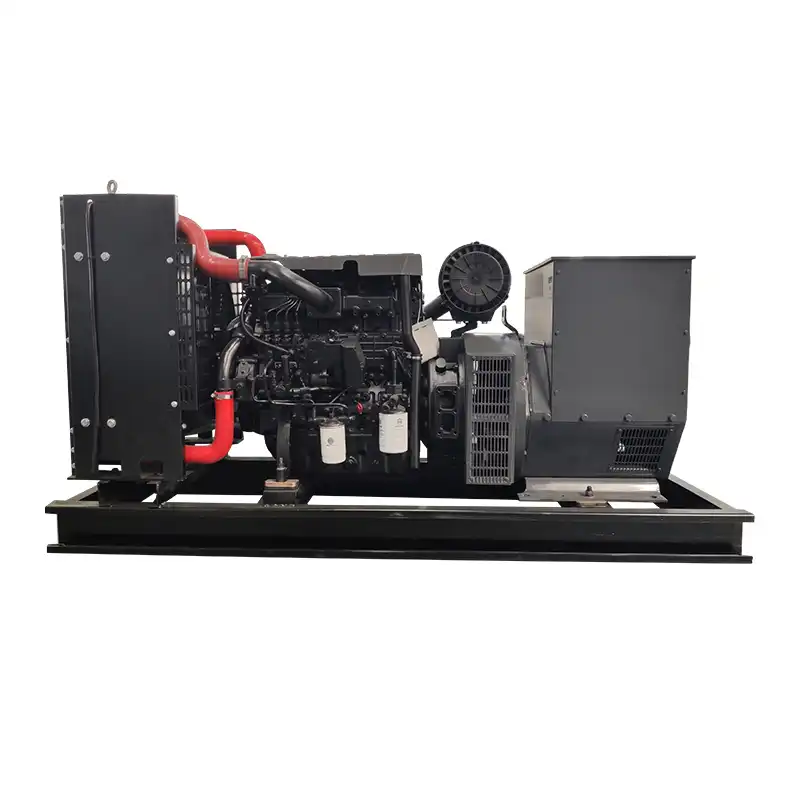 VIEW MOREEmergency generator unit
VIEW MOREEmergency generator unit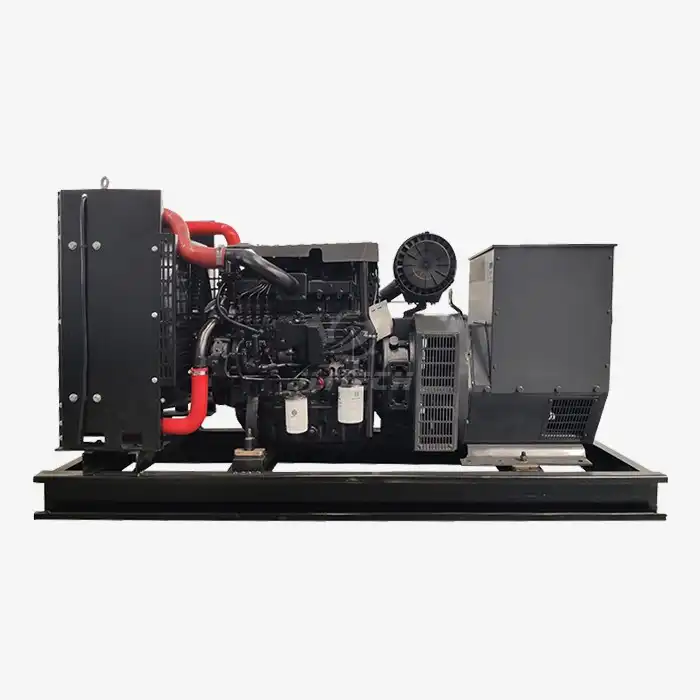 VIEW MOREStandby generator 20kVA
VIEW MOREStandby generator 20kVA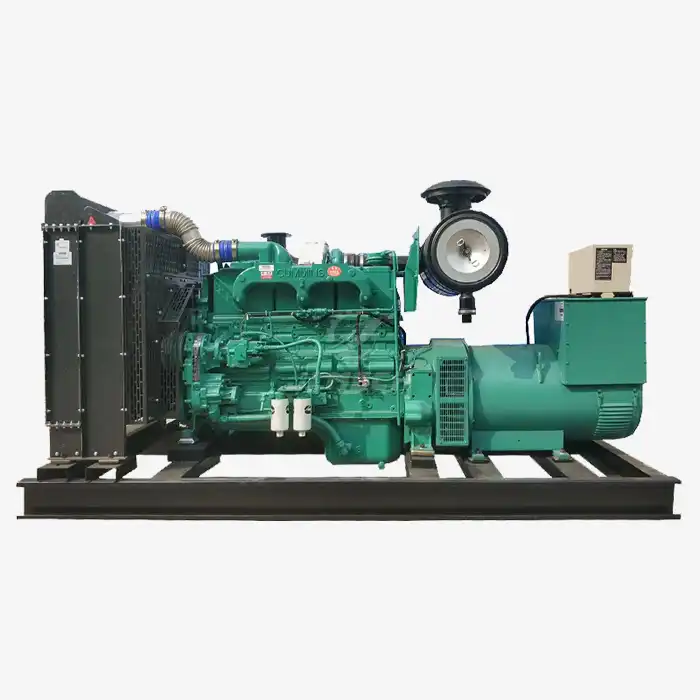 VIEW MOREWater Cooling System Diesel Generator
VIEW MOREWater Cooling System Diesel Generator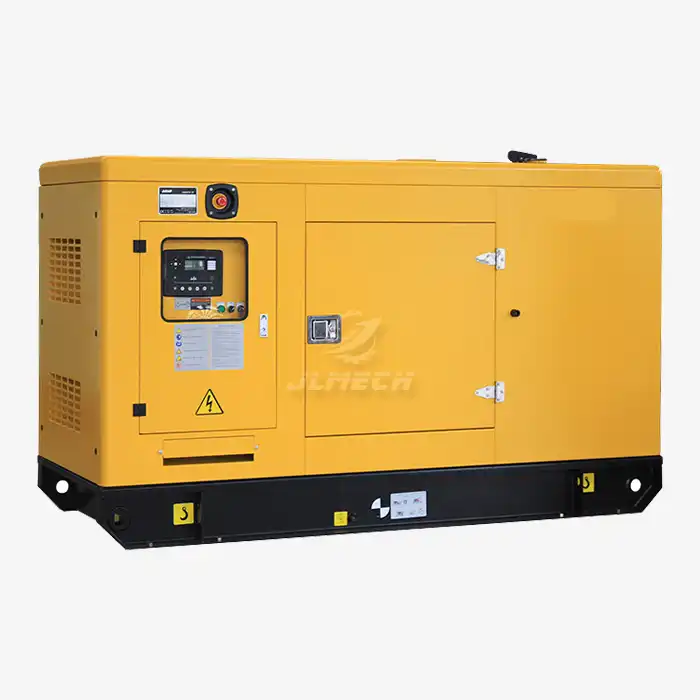 VIEW MOREGarden diesel generator
VIEW MOREGarden diesel generator VIEW MOREcordless hedge cutter machine
VIEW MOREcordless hedge cutter machine VIEW MOREpetrol fence trimmer
VIEW MOREpetrol fence trimmer VIEW MOREpetrol powered leaf blower
VIEW MOREpetrol powered leaf blower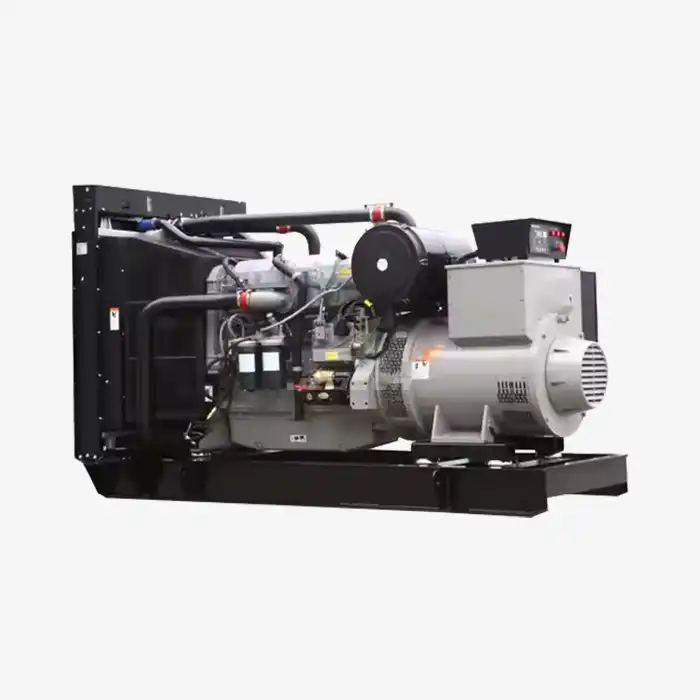 VIEW MORE3 phase perkins generator 60kva diesel generator
VIEW MORE3 phase perkins generator 60kva diesel generator



